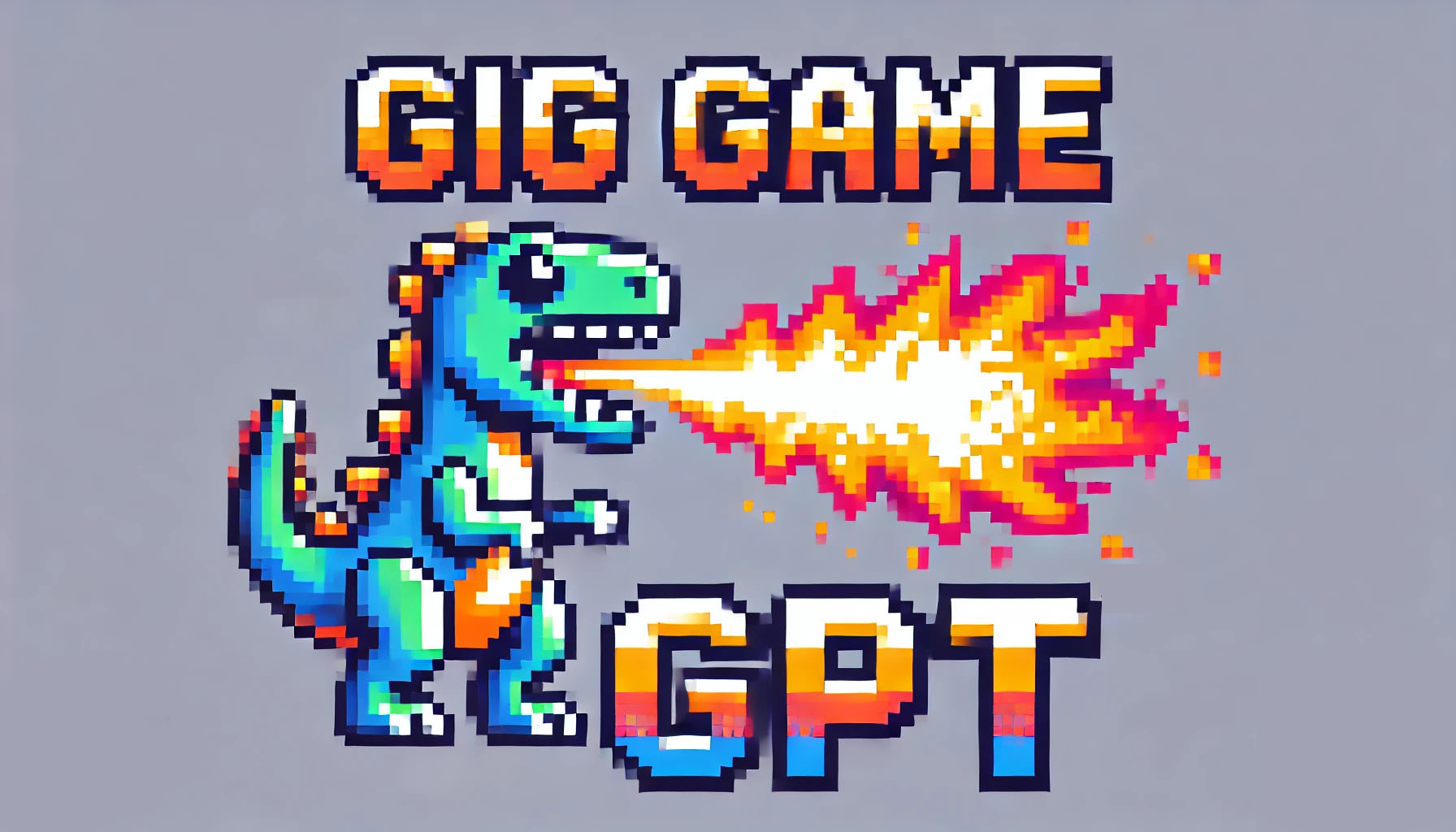- 06 August 2024
- JasonBramble
- Gaming World News
As the digital age continues to evolve, event hosting has undergone a significant transformation. The integration of interactive technology has not only enhanced the way events are organized but also revolutionized participant engagement. This shift is particularly relevant for users of platforms like Gig Games, who are familiar with the power of interactive multiplayer games to elevate social gatherings. Here's how embracing digital transformation can create memorable and engaging event experiences.
The Rise of Interactive Event Hosting
Interactive technology in event hosting includes a variety of tools and platforms that allow organizers to create immersive and engaging experiences. From virtual reality (VR) and augmented reality (AR) to live streaming and real-time audience interaction tools, these technologies offer numerous ways to captivate attendees.
Virtual Reality and Augmented Reality
VR and AR have made significant strides in the event industry. VR allows participants to immerse themselves in a completely virtual environment, which can be particularly useful for conferences, product launches, and training sessions. AR, on the other hand, overlays digital information onto the real world, enhancing the physical event space with interactive elements. For example, AR can be used in scavenger hunts, where participants use their smartphones to find virtual clues hidden in the real world.
Live Streaming and Real-Time Interaction
Live streaming has become a staple in event hosting, especially in the wake of the COVID-19 pandemic. Platforms like Zoom, Twitch, and YouTube Live enable organizers to reach a global audience, making events accessible to those who cannot attend in person. Additionally, real-time interaction tools such as polls, Q&A sessions, and live chat features foster a sense of community and engagement among attendees.
Gamification and Audience Engagement
Gamification involves incorporating game-like elements into non-game contexts to increase engagement and motivation. This strategy is highly effective in event hosting, where it can be used to encourage participation and interaction. For instance, event organizers can create leaderboards, offer rewards for participation, and design interactive challenges that attendees can complete during the event. Gig Games, with its variety of multiplayer games, exemplifies how gamification can turn a regular event into a fun and engaging experience.
Personalized Experiences through Data Analytics
Data analytics plays a crucial role in understanding attendee behavior and preferences. By analyzing data collected before, during, and after an event, organizers can tailor experiences to meet the specific needs and interests of their audience. Personalized content, targeted marketing, and customized event schedules are just a few ways data analytics can enhance the attendee experience.
Sustainable Event Practices
Digital transformation also contributes to more sustainable event practices. Virtual events reduce the need for travel, cutting down on carbon emissions. Additionally, digital ticketing, virtual swag bags, and online materials reduce paper waste. These practices not only benefit the environment but also appeal to increasingly eco-conscious attendees.
Conclusion
The integration of interactive technology in event hosting is not just a trend but a necessity in today's digital world. Platforms like Gig Games demonstrate the potential of gamification and interactive experiences to engage and entertain attendees. By embracing digital transformation, event organizers can create memorable and impactful events that resonate with their audience, fostering a sense of community and participation that extends beyond the event itself.
Whether it's through VR and AR, live streaming, gamification, or data analytics, the future of event hosting lies in the ability to innovate and adapt to the digital landscape. As technology continues to advance, the possibilities for creating engaging and immersive event experiences are endless, promising a bright future for both organizers and participants alike.
 Deutsch
Deutsch English
English Español
Español Français
Français Italiano
Italiano Português
Português Türkçe
Türkçe русский
русский العربية
العربية 한국어
한국어 中文
中文 日本語
日本語



